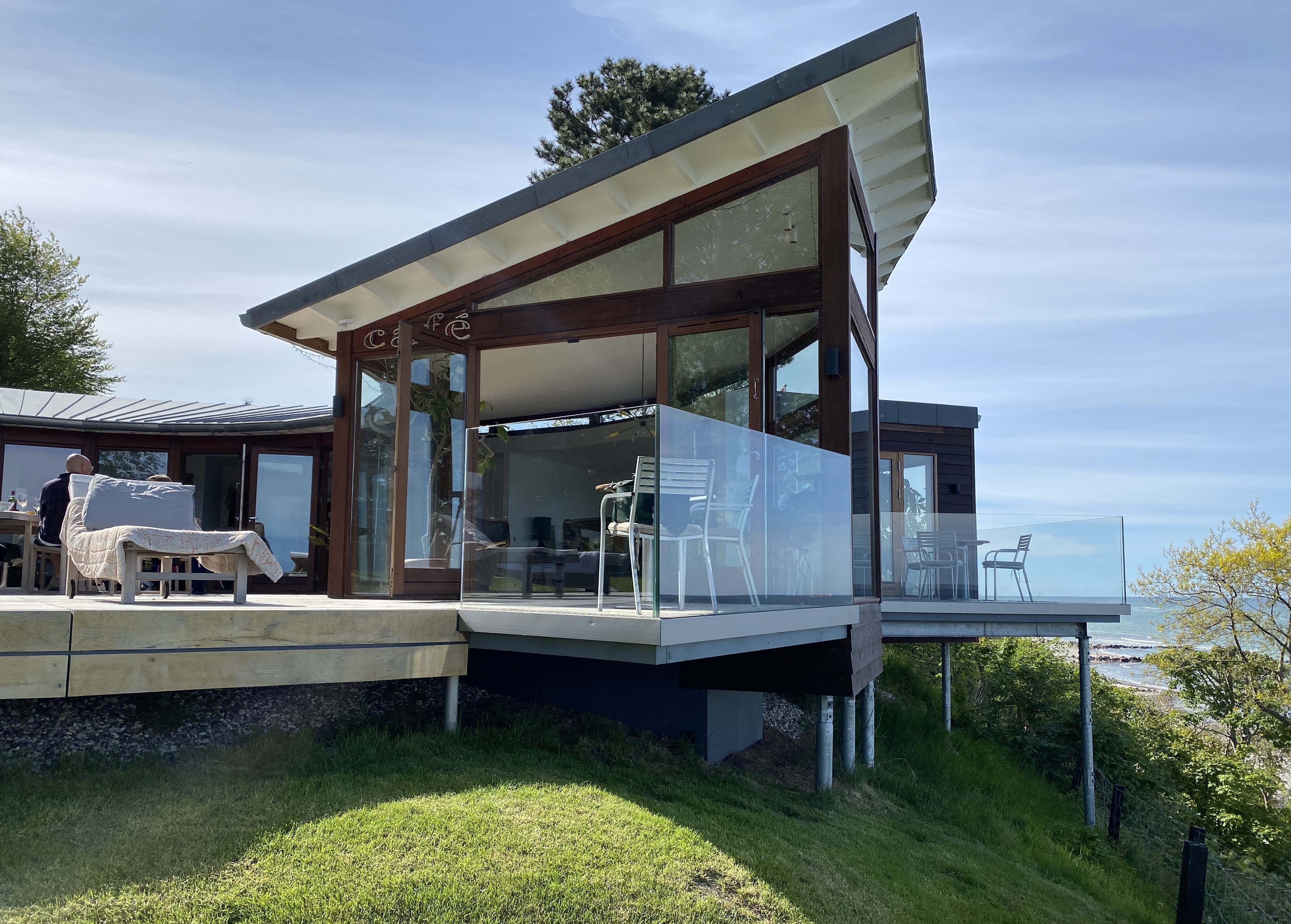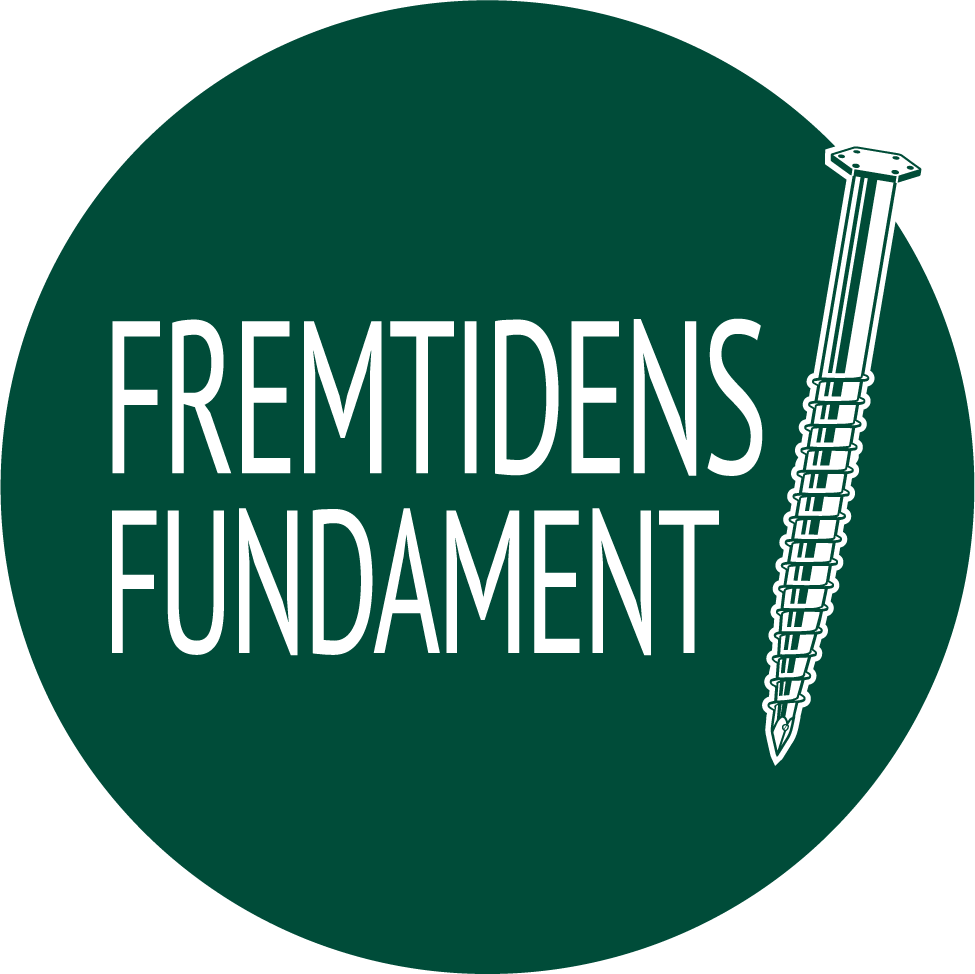

Fremtidens Fundament

Capital Region of Denmark, Denmark
March 2025
Other install & construction
Service with Significant Environmental Footprint
Denmark,
Germany,
Iceland,
Norway,
Sweden
Fremtidens Fundament specializes in screw foundation systems, offering a gentle, efficient, and secure alternative to traditional foundations. Our services include planning, static testing, design and installation, with options for sale or rental of ground screws. We use certified KRINNER-screws of high-quality so they can be reused and provide a lifelong lifespan. We provide static documentation and are approved by the building damage insurance. Our solutions prioritize low CO2 footprint, energy-efficiency and recycling. ADVANTAGES 1. Gentle on the environment Screw foundations are gentle on the environment both during installation and after use. No excavation is needed, so the natural surroundings remain undisturbed. When the foundation is no longer required, it can be fully dismantled and removed. 2. Fast and efficient The installation process is much faster than with traditional foundation methods. Individual foundations can be installed within minutes, and a complete house foundation can often be completed in just one day. 3. Safe and reliable Screw foundations are based on the thousand-year-old, well-proven principle of pile foundations. This makes them a safe and reliable foundation solution, with the same load-bearing capacity as traditional concrete foundation.
Overall B Impact Score
Governance 16.3
Governance evaluates a company's overall mission, engagement around its social/environmental impact, ethics, and transparency. This section also evaluates the ability of a company to protect their mission and formally consider stakeholders in decision making through their corporate structure (e.g. benefit corporation) or corporate governing documents.
What is this? A company with an Impact Business Model is intentionally designed to create a specific positive outcome for one of its stakeholders - such as workers, community, environment, or customers.
Workers 24.8
Workers evaluates a company’s contributions to its employees’ financial security, health & safety, wellness, career development, and engagement & satisfaction. In addition, this section recognizes business models designed to benefit workers, such as companies that are at least 40% owned by non-executive employees and those that have workforce development programs to support individuals with barriers to employment.
Community 14.9
Community evaluates a company’s engagement with and impact on the communities in which it operates, hires from, and sources from. Topics include diversity, equity & inclusion, economic impact, civic engagement, charitable giving, and supply chain management. In addition, this section recognizes business models that are designed to address specific community-oriented problems, such as poverty alleviation through fair trade sourcing or distribution via microenterprises, producer cooperative models, locally focused economic development, and formal charitable giving commitments.
Environment 38.9
Environment evaluates a company’s overall environmental management practices as well as its impact on the air, climate, water, land, and biodiversity. This includes the direct impact of a company’s operations and, when applicable its supply chain and distribution channels. This section also recognizes companies with environmentally innovative production processes and those that sell products or services that have a positive environmental impact. Some examples might include products and services that create renewable energy, reduce consumption or waste, conserve land or wildlife, provide less toxic alternatives to the market, or educate people about environmental problems.
What is this? A company with an Impact Business Model is intentionally designed to create a specific positive outcome for one of its stakeholders - such as workers, community, environment, or customers.
Customers 2.0
Customers evaluates a company’s stewardship of its customers through the quality of its products and services, ethical marketing, data privacy and security, and feedback channels. In addition, this section recognizes products or services that are designed to address a particular social problem for or through its customers, such as health or educational products, arts & media products, serving underserved customers/clients, and services that improve the social impact of other businesses or organizations.